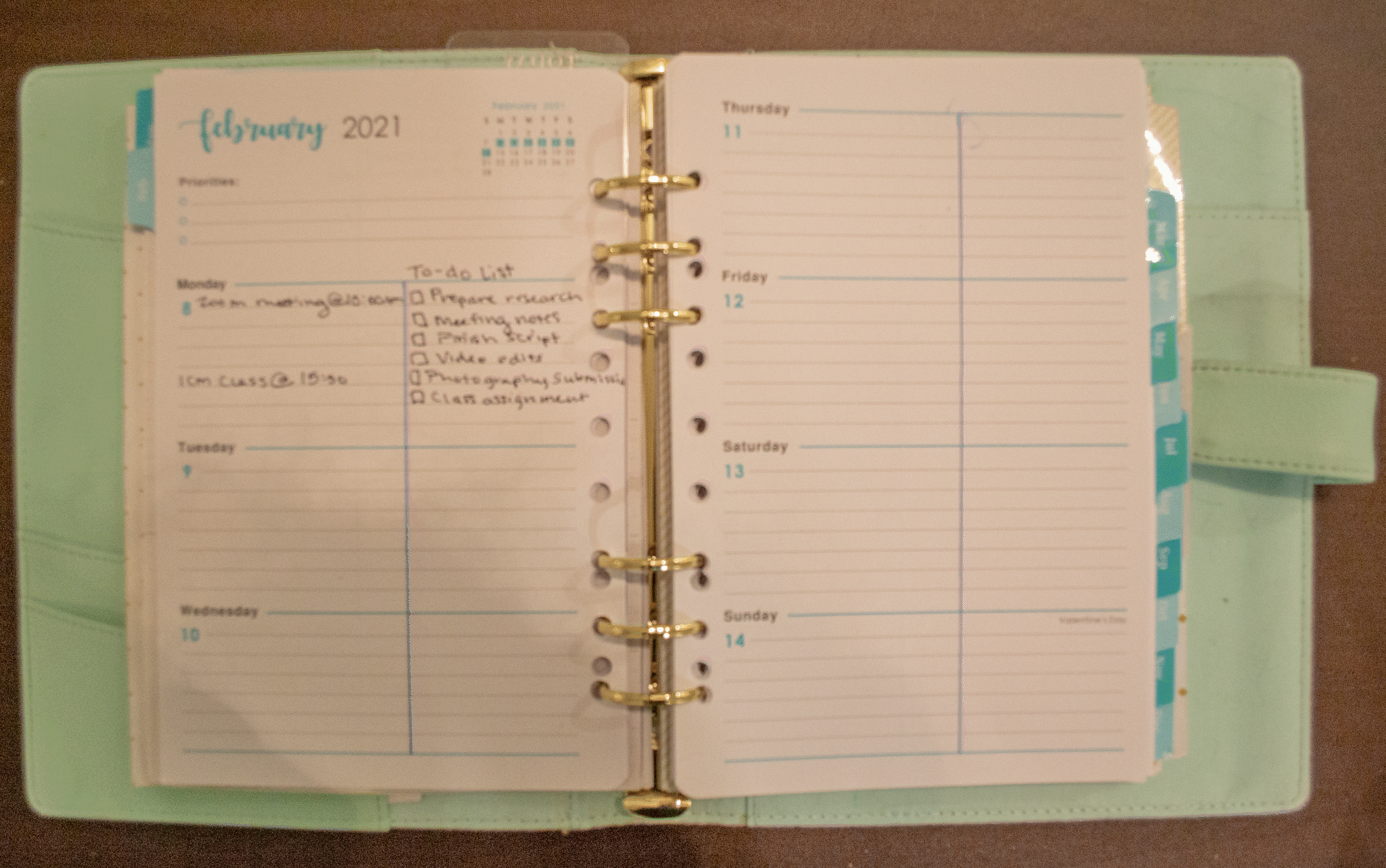Weapons of Mass Distraction
Baratunde Thurston disconnected from all social media platforms for twenty-five days as part of a personal experiment. By the end of the first week, he noticed that the quietness of his daily life felt disorienting but he already felt less stressed about not feeling obligated to know as much about current events.
Match Maker
Constantly divided, social media has turned us into catalysts for outrage. Humans will always disagree with each other on some level in any given case, but this instantaneous connection is the gasoline to our matches. Before social media became so ingrained in our daily lives, we argued interpersonally on a calmer scale.
Project Management
For my Foundations for Graduate Studies course, we were assigned to make a project management board for the entirety of the course. Of the options provided, I chose to use Trello.com. Personally, Trello was the most user-friendly option for someone who operates more visually
Shifting Gears
"People fight desires all day long," resulted from a study by Wilhelm Hofmann and Roy Baumeister. The psychologists equipped 205 subjects with beepers that activated at random times. When the beepers sounded, the subjects recorded their desires and feelings during the activity they were participating in. They discovered people often struggle with these common desires: eating, sleeping, sex, and taking breaks from work (via e-mail or social media).
The Social Struggle
Collecting and analyzing data can be tedious for most, but data is everywhere. Every job we apply for, our personal information, and everything we enjoy can be reduced to a collection of data. For this particular detox, I chose to ban myself from all social media for five days to more closely examine the relationship between my phone usage and social media activity.
The Sensation Generation
The current generation of teenagers could be facing a mental health crisis to such an extent unseen in decades.
Satisfaction Brought It Back
"To do it right, it is the most complicated thing I know how to make," says Ric Furrer about his medieval sword-making practices in Cal Newport's book Deep Work: Rules for Focused Success in a Distracted World. Furrer is a craftsman who has honed his skill for deep work to maintain a state of intense concentration on his craft.
Burning Down Burnout
In his book, Deep Work: Rules for Focused Success in a Distracted World, Cal Newport describes the term "deep work" as the act of concentrating solely and intensely on a given task, idea, or project.
Resisting Resistance
Going through the motions seems like a fairly common habit. We monotonously follow the same routine, whether at home or work. Cal Newport describes the principle of least resistance as doing what is easiest at the moment in his book, Deep Work: Rules for Focused Success in a Distracted World.
One Book Closes, Another Phone Opens
You might be wondering to yourself, "Am I a robot?" Most likely, you've noticed that your daily routine seems almost robotic. You've broken down every action into a simple formula, an algorithm.
Connection Disconnection
Every generation is constantly adapting to a new influx of information and advancements. Millennials are the youngest generation to remember the simplicity of life before the smartphone.
Coronaviral: What the Hack?
As social media becomes increasingly influential in our daily lives, society grows more trusting in the information crossing our screens. Are we facing too much incoming information at once to truly validate opposing opinions?
The Birds and The Bees
According to Cal Newport's book Deep Work: Rules for Focused Success in a Distracted World, there are three categories of professionals with undoubted advantages in employment: those who can work well with increasingly advanced and complex machines (the bees), those who are the absolute best at what they do (the birds), and those with access to capital (the sharks).
The Talent of Tenacity
In a world where we're practically raised to believe that all we need to accomplish our career goals is a Bachelor's degree, Newport challenges these ideals by suggesting that we need to continue to learn, adapt, and evolve our skill sets beyond the average level of a college graduate to further our momentum towards professional growth.














